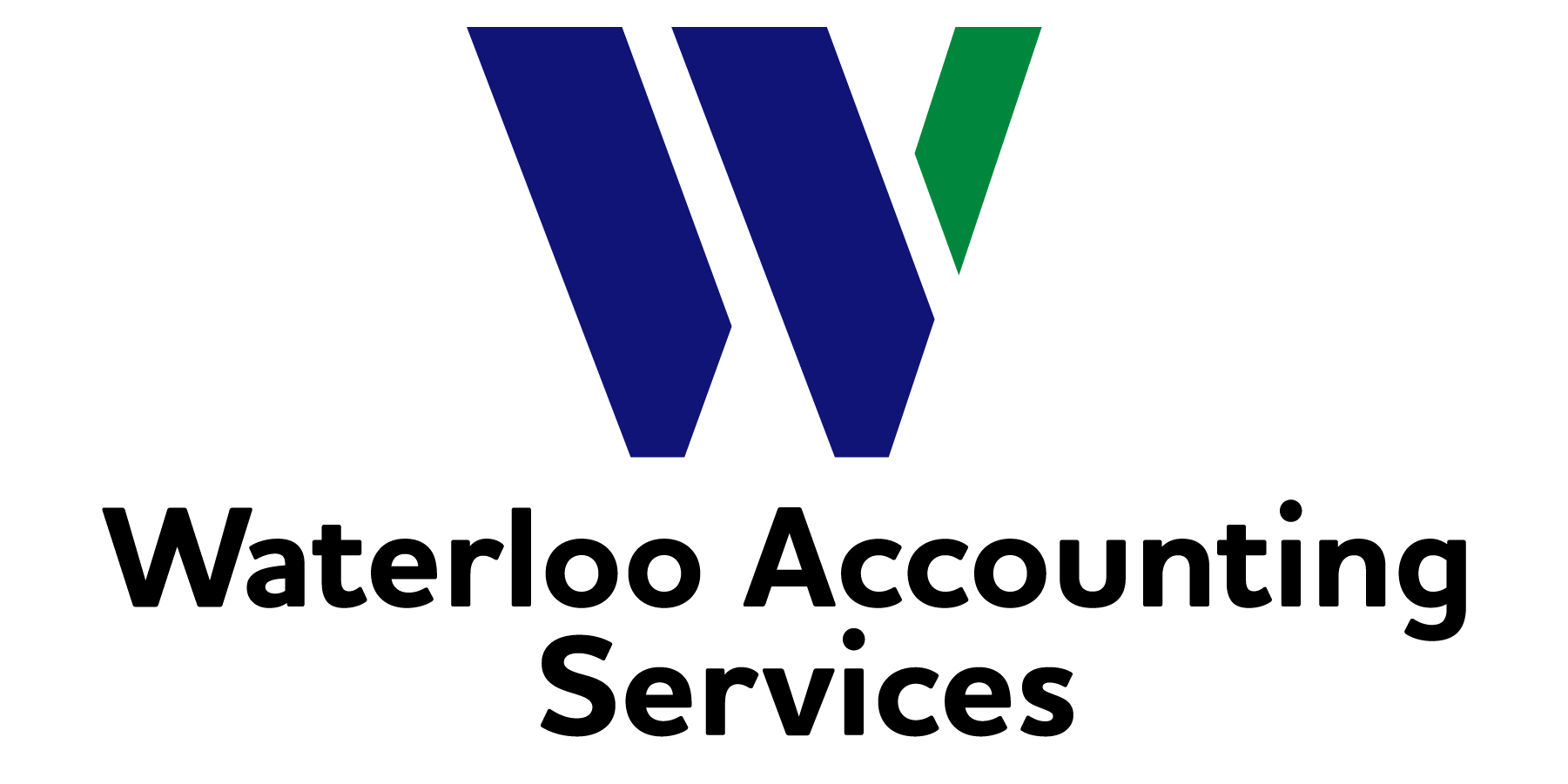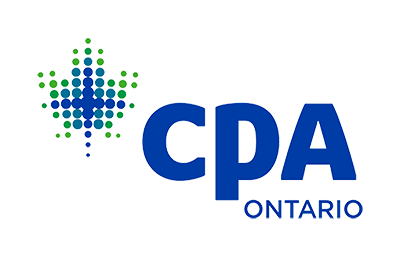Whether you’re an employee or entrepreneur, taxes can have a major impact on your wealth. As the Canadian government slows down from big changes to the personal tax code over the last few decades, there are some new opportunities in tax planning strategies for business owners and individuals. Here are 4 tax planning tips for Canadians in 2021.
Outline:
1. Reduce your taxable income with an RRSP
2. Manage your rental income expenses
3. Apply for tax credits and deductions wherever possible
4. Make sure you don’t pay too much tax on your gain from the sale of an investment property

1. Reduce your taxable through RRSP contributions
Maximizing your annual RRSP contribution is a great way to reduce your taxable income. You should use your full allowable contribution limit each year (18% of a taxpayer’s pre-tax earned income for 2019 or $27,230, whichever is less).There are alternate ways to contribute to your RRSP if you do not have the cash. You can make a transfer from your TFSA or move your existing mutual fund investments to your RRSP through an In Kind Contribution, keeping in mind that investment in kind from a non-registered account is a deemed disposition for capital gains purposes. You can also opt for an RRSP loan from your financial institution, taking advantage of low interest rates and the opportunity to trigger a tax refund that you can use to keep your borrowing costs low while reducing your tax payable. Contact your financial advisor or book a consultation with a tax professional to decide what options best suit you.
2. Manage your rental income expenses
(Information in this section is from CIBC’s Tax Planning Article:” So… you wanna be a landlord? Income tax considerations for rental properties“ by
Jamie Golombek & Debbie Pearl-Weinberg)
A third of all landlords who own a separate rental property say their top reason to invest is to generate income now (15%) or upon retirement (19%). You need to include all amounts that are paid to you as rent, including income earned by renting your home through services such as Airbnb. As well, if you receive goods or services instead of rent, the fair market value of the goods or services must be included. For instance, if your tenant offers to plow your parking lot in exchange for a reduction of rent, you would need to include the value of the snow plowing as “other related income” when reporting your rental income. If you receive an amount for a lease extension, a sublease or a lease cancellation, they are also included in this category.
Most people report rental income on an “accrual basis” ‒ they include the income in the year it is receivable and deduct expenses in the year they are incurred. In certain cases you can deduct uncollectible rent from your income. This is considered a “bad debt” for tax purposes. To claim the deduction, you must have previously included the amount in your income and the amount must have become uncollectible during the year. You should have proof that it is uncollectible. For instance, you might have received a notice if the tenant has gone bankrupt, or be able to show that you tried collecting the rent but were unsuccessful. If you later receive a payment on the bad debt, then you will later have to include that amount in income again.
What expenses can you claim?
The CIBC Landlord poll found that most (74%) homeowners believe that even with a negative cash flow, the tax deductions can help make an income property a worthy investment. It is important, however, to understand whether expenses are properly deductible for tax purposes.
There are many expenses that you can deduct against your rental income, so long as they are reasonable. Expenses are divided into two categories: capital expenses and current expenses. Capital expenses provide a long-lasting benefit over a number of years. Your cost of acquiring the rental property and costs to improve it beyond its original condition or to extend its life would be capital in nature.
If you buy an older building and pay for renovations to bring it up to a condition suitable to rent, the renovation costs would likely be capital in nature. Most costs incurred to sell the property, such as real estate commissions or the cost of improvements to make the property more marketable, will be considered capital expenses. Capital expenses are deducted over a multi-year period. Current expenses provide a short-term benefit. One example is a payment for repairs to fix or restore a property so that it will be in the same condition as it was when you purchased it. These expenses are often recurring in nature and are generally deductible in the year they arise.
3. Apply for tax credits and deductions wherever possible
When it comes to running a business, there are a number of ways in which you can save money and reduce the amount of taxes you have to pay. For example, you can apply for tax credits and deductions wherever possible. You can also hire a tax accountant to help you make sure you don’t miss any tax breaks. Turbotax has put together a great list of personal income tax deductions and credits among other tax planning tips for Canadians including moving expenses, capital loss among others.
4. Make sure you don’t pay too much tax on your gain from the sale of an investment property
When you sell an investment property, you have to pay capital gains tax. You can use the main residence exemption to avoid paying tax on the sale of your principal residence, but what if you’re selling an investment property? One of the coolest tax shelters available to individuals in Canada is the principal residence exemption. The principle behind this tax code change is to encourage people to hold on to their primary residence for a more extended period of time, as opposed to simply moving every year when they buy a new home. As a result, individuals can defer capital gains tax on the sale of the principal residence. In February 2020, the new Liberal government finalized this tax planning policy, making it easier on Canadians who want to capitalize on this special tax code for their investment properties.
For more Tax Planning Tips for Canadians stay up to date with the Waterloo Accounting Services blog and check out some of our other helpful articles below!





